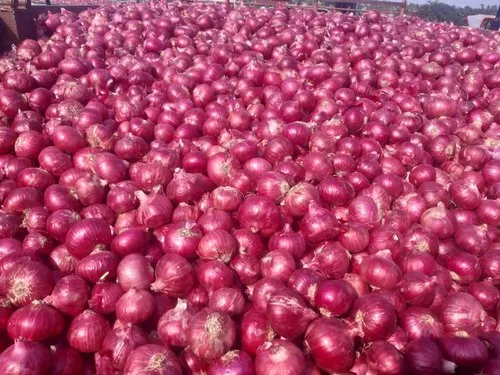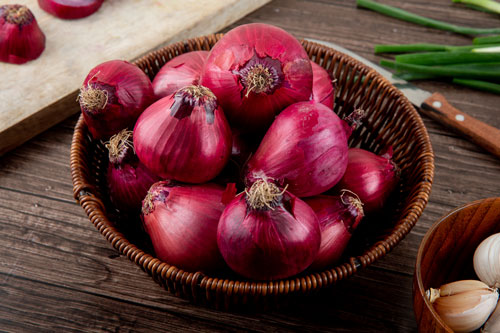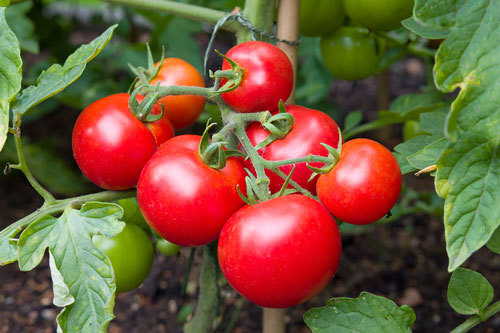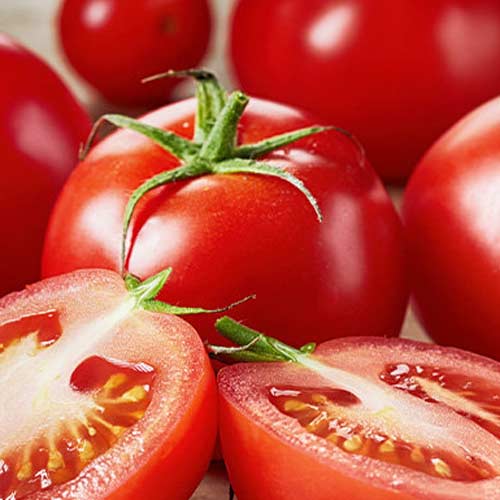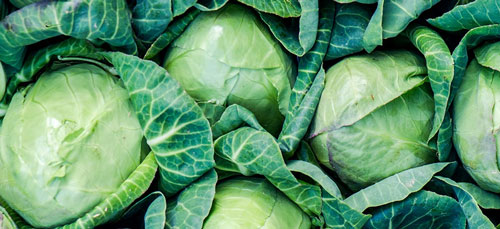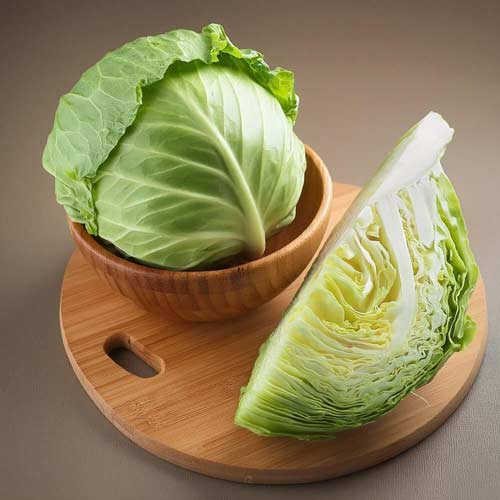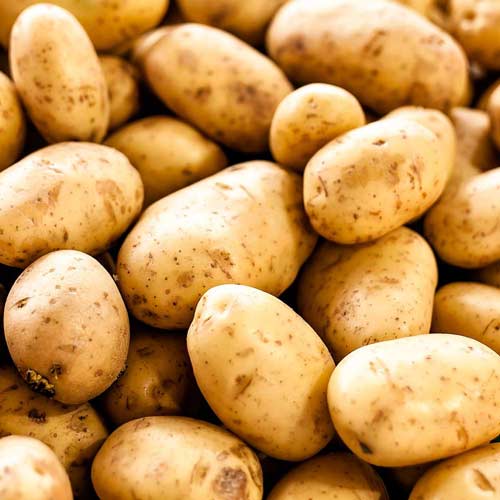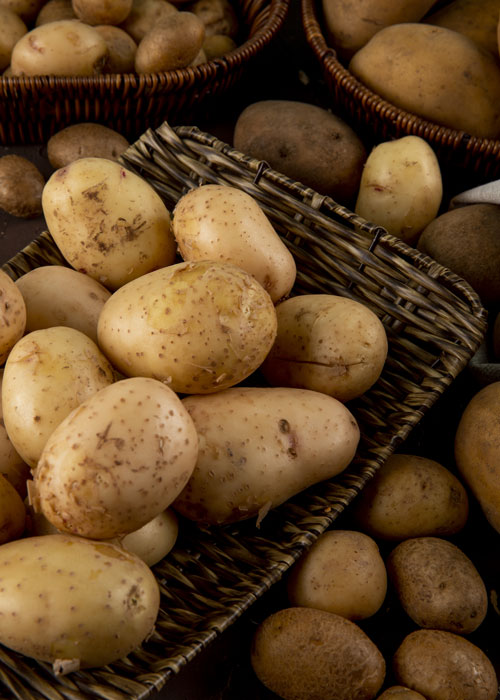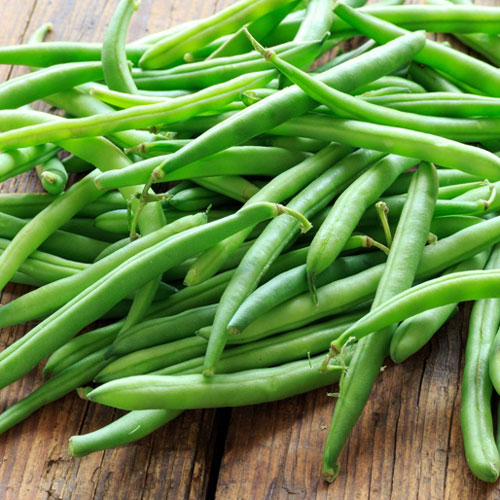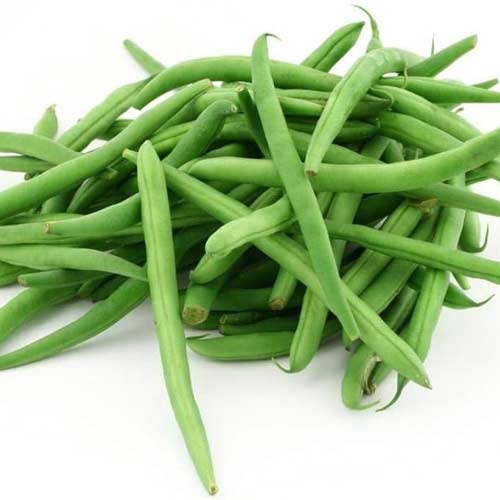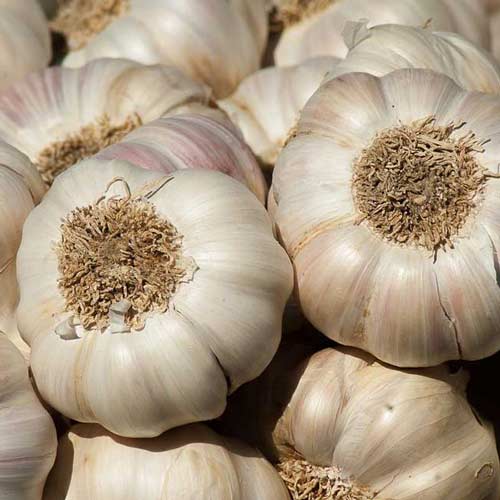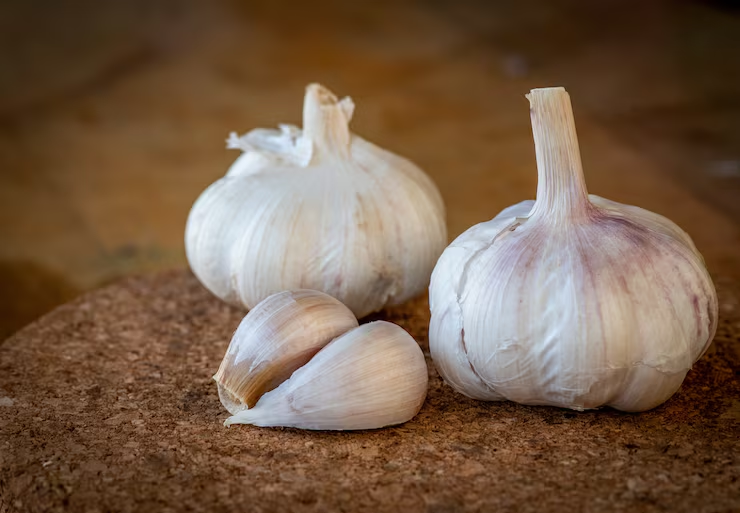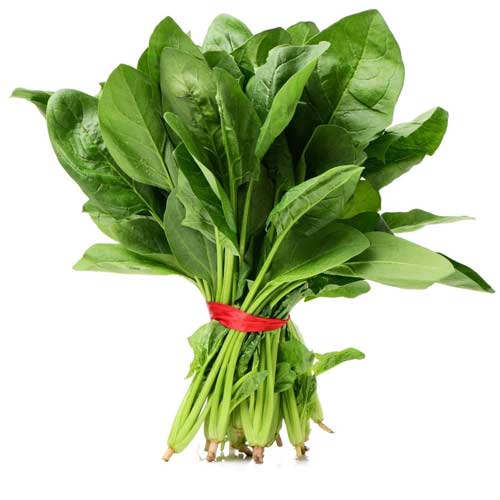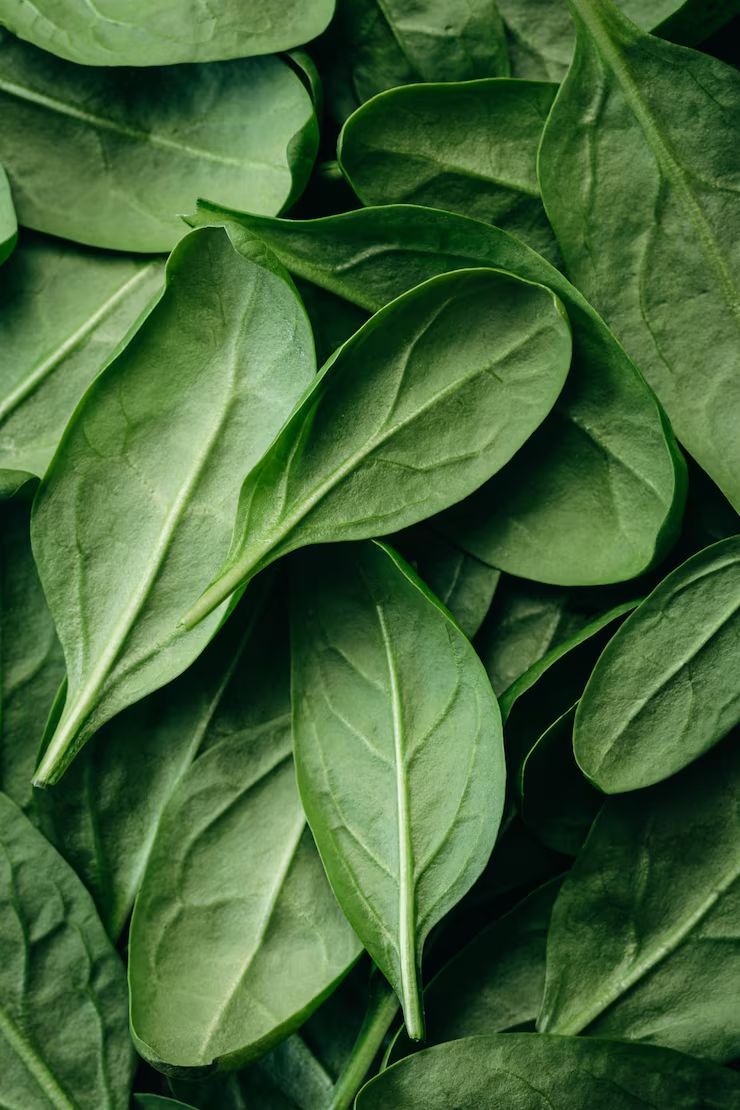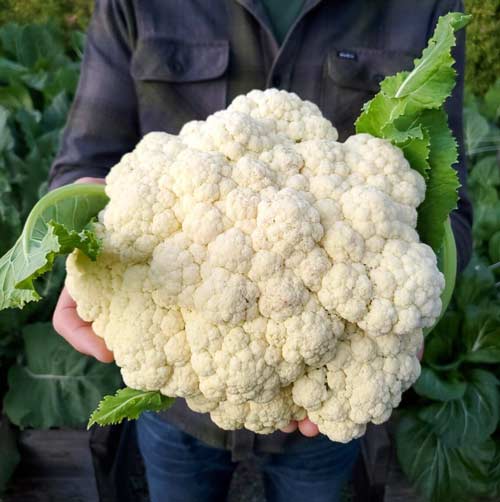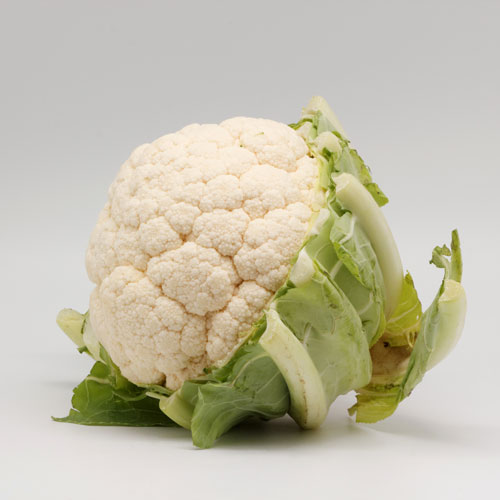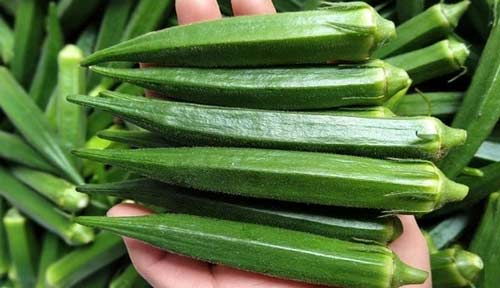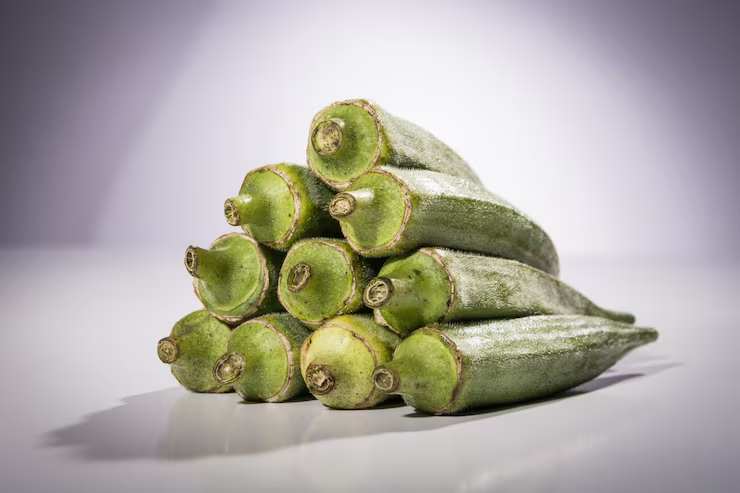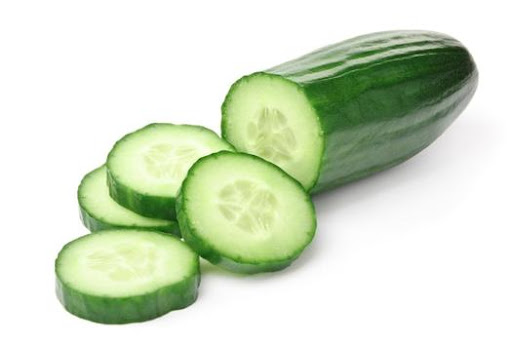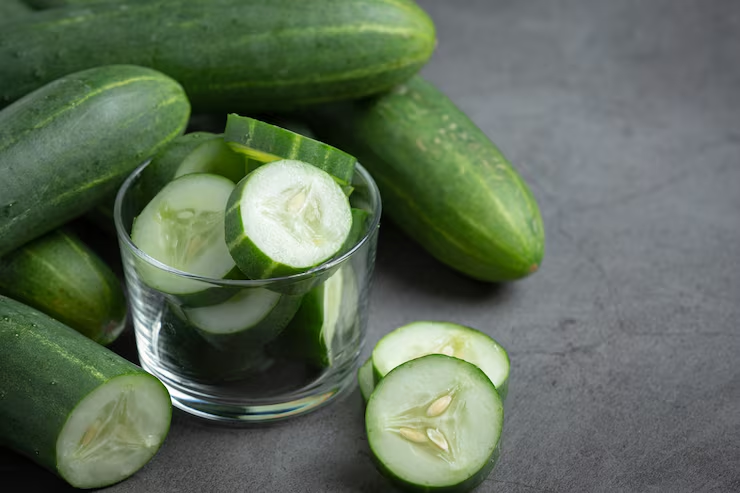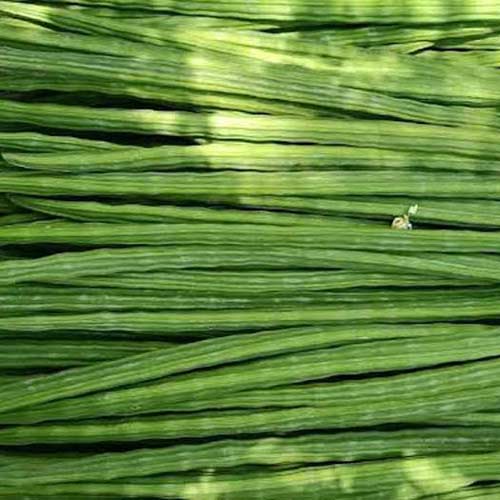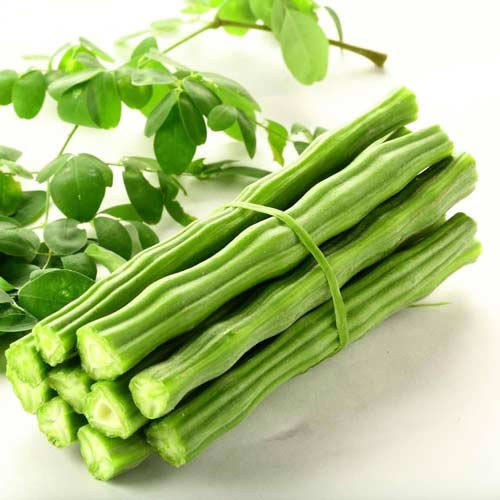Vegetables
Onions
Onions have a rich history and are among the oldest cultivated plants. They are known for their distinctive flavour, which comes from sulfur-containing compounds.
The most common types of onions are categorized by color and flavour: yellow, white, red, and sweet.
Onions are a nutrient-dense food, low in calories but rich in vitamins, minerals, and antioxidants. They are composed of approximately 89% water, 9% carbohydrates (including sugars and fiber), and small amounts of protein and fat.
Tomato
The tomato, Solanum lycopersicum, is a plant cultivated for its edible fruit, which is botanically a berry but is often treated as a vegetable in culinary contexts. Tomatoes are a good source of vitamin C and the phytochemical lycopene. They are used in various cuisines worldwide, in dishes such as pasta sauces, soups, salads, and condiments.
Cabbage
Cabbage, a nutritious vegetable, has a rich history and offers numerous health benefits. It belongs to the Brassica oleracea species, closely related to broccoli, cauliflower, and Brussels sprouts. Cabbage is a biennial plant cultivated as an annual crop, prized for its dense, leafy heads.
It is a good source of fiber, vitamin C, and vitamin K. Cabbage can be prepared in various ways, including raw, steamed, pickled, fermented, stewed, roasted, sautéed, or braised.
Potatoes
Potatoes are primarily composed of carbohydrates, mainly in the form of starch, and contain moderate amounts of protein and fiber, with almost no fat. They are a good source of several vitamins and minerals, particularly potassium and vitamin C. Potatoes are classified by shape, skin color, and use. For culinary purposes, varieties are often differentiated by their waxiness: floury or mealy baking potatoes have more starch than waxy boiling potatoes.
Beans
Beans are seeds from plants widely used as a vegetable for human consumption and animal feed. They are often dried (pulses) for preservation. Beans have a long history of cultivation, they are also a good source of folic acid and antioxidants. Beans are considered a "superfood" due to their high nutrient density.
Garlic
Garlic has been associated with numerous potential health benefits, supported by both traditional use and scientific research.
Garlic is also a good source of nutrients. A single clove (about 3 grams) contains vitamin C, vitamin B6, and manganese. It also contains trace amounts of various other nutrients.
Spinach
Spinach is a highly nutritious leafy green vegetable with numerous health benefits. It is a cool-season crop that originated in Persia and is now cultivated worldwide.
Spinach is low in carbohydrates but high in fiber, which aids digestion and prevents constipation. It is an excellent source of vitamins A, C, and K1, as well as folic acid, iron, and calcium. It also contains potassium, magnesium, and vitamins B6, B9, and E.
Cauliflower
Cauliflower typically has a white head, but it also comes in orange, purple, and green varieties. It is an excellent source of vitamin C and vitamin K, and also provides folate, which is essential for cell growth. It also contains fiber, which aids in digestion and may reduce the risk of chronic diseases.
Cauliflower can be eaten raw, cooked, roasted, grilled, boiled, fried, steamed, pickled, or used as a low-calorie alternative to rice and flour. It can be used in a variety of dishes, including soups, pizza crusts, and mashed cauliflower.
Okra
Okra, also known as lady's fingers in some English-speaking countries, is a flowering plant from the mallow family, Malvaceae.
Raw okra is primarily water, with carbohydrates, protein, and negligible fat. It is a rich source of vitamin C and vitamin K. Okra's mucilaginous nature makes it a natural thickener.
Cucumbers
Cucumbers (Cucumis sativus) are widely cultivated plants belonging to the gourd family (Cucurbitaceae). They are known for their edible fruits, which are often enjoyed in salads and relishes. Cucumbers are a popular food source due to their refreshing taste and high water content.
Cucumbers are composed of about 95% water, making them an excellent source of hydration. They are low in calories, fat, cholesterol, and sodium.
Drumsticks
Savor the earthy flavour of Indian drumsticks (Moringa oleifera), nutrient-packed pods rich in vitamin C (141 mg/100g), calcium, and antioxidants.
Perfect for sambar, curries, or soups, they boost immunity, regulate blood sugar, and strengthen bones.
